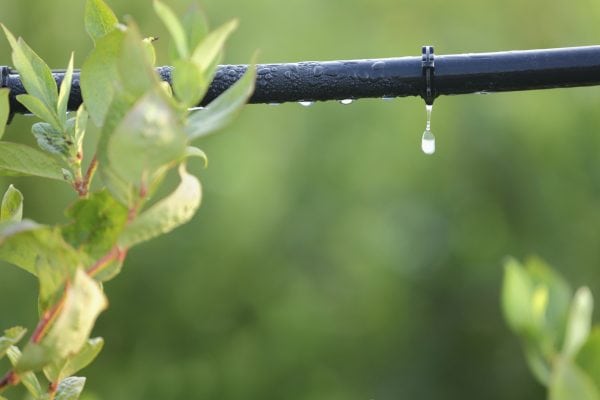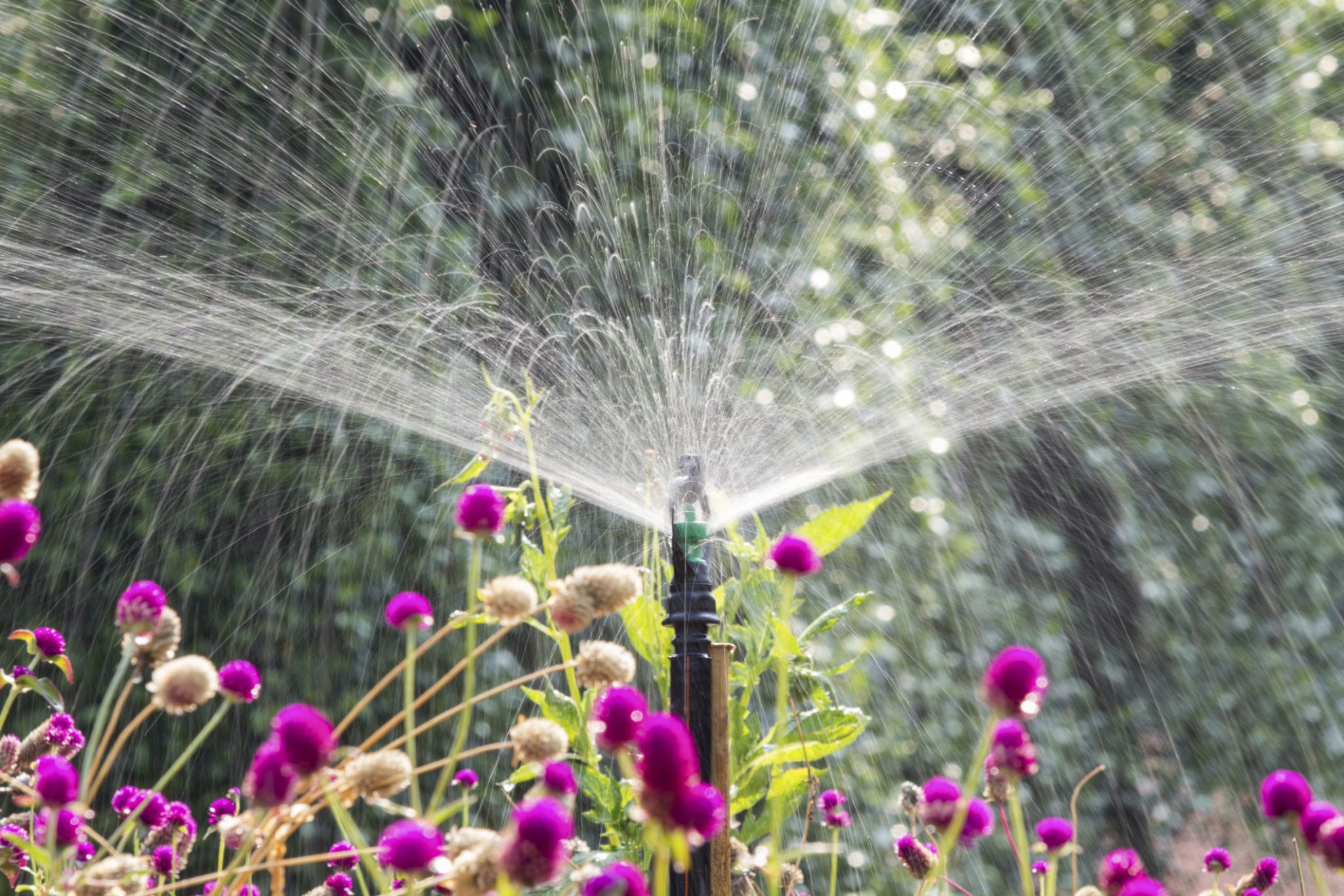Landscaping

Learn how to protect water quality, make your landscape water efficient, and reduce storm water runoff.
Home and garden pesticides and fertilizers can pollute Alabama’s waterways. Problems occur when garden chemicals are dumped down street or household drains and when chemical residues wash from paved surfaces into streams after a rain. Runoff from excess watering, or driveway cleaning with a garden hose can also carry unseen pollutants. These tips can keep rivers, creeks, and drinking water clean.
 What can you do to protect water quality?
What can you do to protect water quality?
- Limit pesticide use. Use nonchemical methods or the least toxic pesticides as the first choice.
- Never guess, soil test. Some plants require extra nutrition throughout the growing season, but always use the recommended fertilizer rates for each specific plant type.
- Use fertilizer only when plants need it. Grass clippings can supply 25 percent of a lawn’s total fertilizer needs in the growing season. Use a mulching mower to recycle lawn clippings and reduce fertilizer applications for turf.
- Use slow-release fertilizers, including composted organic fertilizers. Plant roots use these before they can move into waterways. Always measure and apply all fertilizers according to label directions and soil test recommendations.
- Prevent fertilizer and pesticides from landing on hard surfaces, such as sidewalks and driveways. Sweep any material that lands there back onto the lawn or landscaped beds.
- Dispose of garden chemicals correctly. Never sweep, hose off, or pour leftover pesticides or fertilizers into drains. Plan ahead and buy only what you need to prevent having to dispose of the excess.
Use water efficiently.
Establish plants to have deep roots.
Enhance the landscape so water soaks into the soil.
Maintain your irrigation system.
Install irrigation that reduces wastefullness.
Use all garden chemicals with care.
Only fertilize when plants need it.
Use slow-release fertilizers.
Keep fertilizers and garden chemicals off pavement.
Only buy what you need to avoid disposal problems.
 Make your landscape water efficient.
Make your landscape water efficient.
- Reduce your landscape’s need for extra water. Choose water-efficient plants and garden designs. Water deeply during establishment to create a sturdy root system.
- Use mulches in planting beds. Use water-permeable materials for walkways and driveways to minimize runoff. Aerate and add organic matter to heavy or compacted soils before planting. Install terraces or other features on slopes so that water stays on site and soaks in.
Reduce storm water runoff.
- Check and maintain your irrigation system so water doesn’t run off your landscape or land on hard surfaces and into storm drains.
- Use drip irrigation, soaker hoses, smart irrigation controllers, and water-efficient heads to improve watering efficiency and distribution.
- Add a rain barrel to your landscape to reduce stormwater runoff and provide water for your outside landscape.
Revised by Rhonda Britton, Regional Extension Agent, Home Grounds, Gardens, and Pests, Auburn University. Originally written by Mike McQueen, former Regional Extension Agent.
Revised October 2021, Water Quality in the Landscape, ANR-2207

